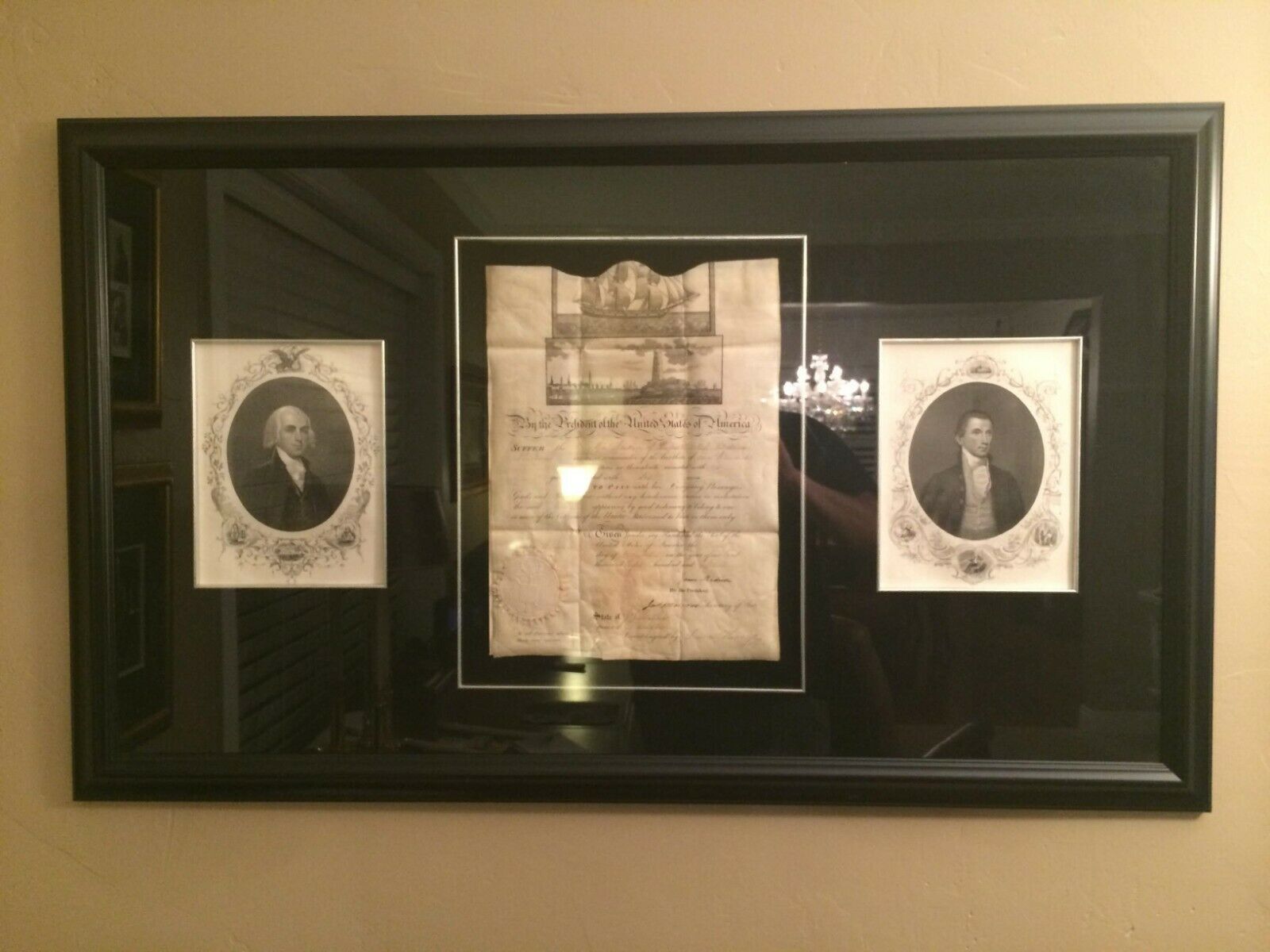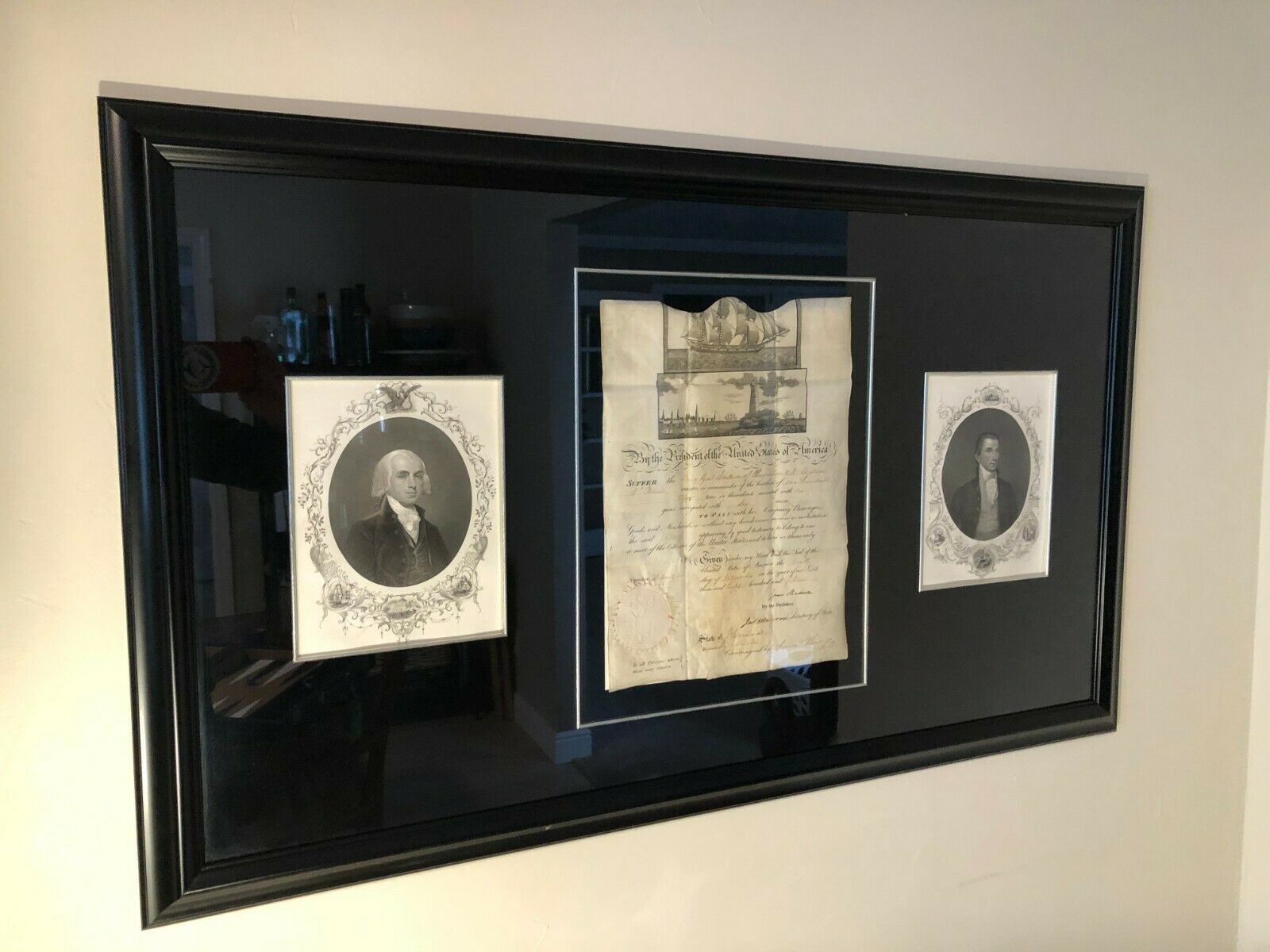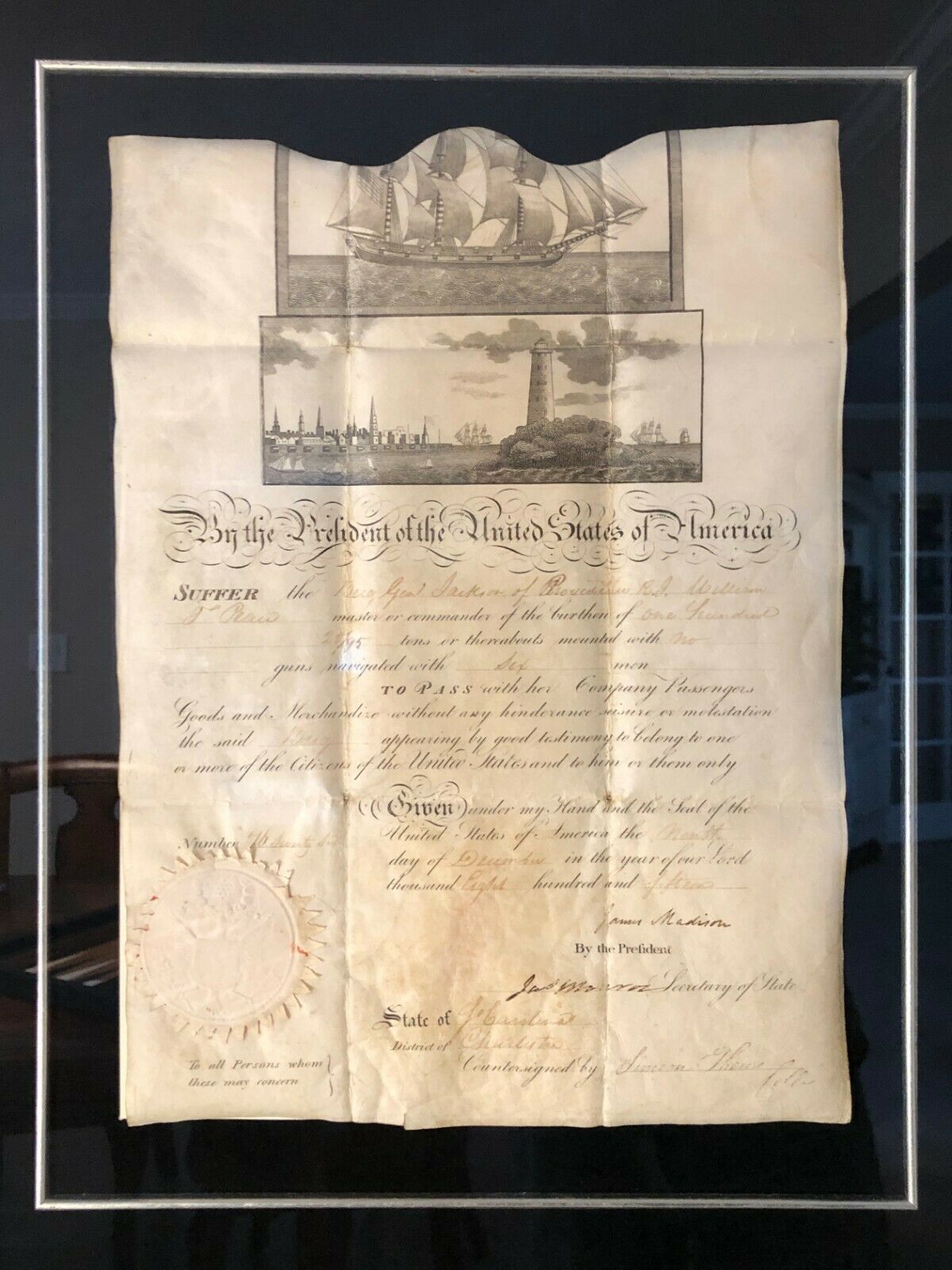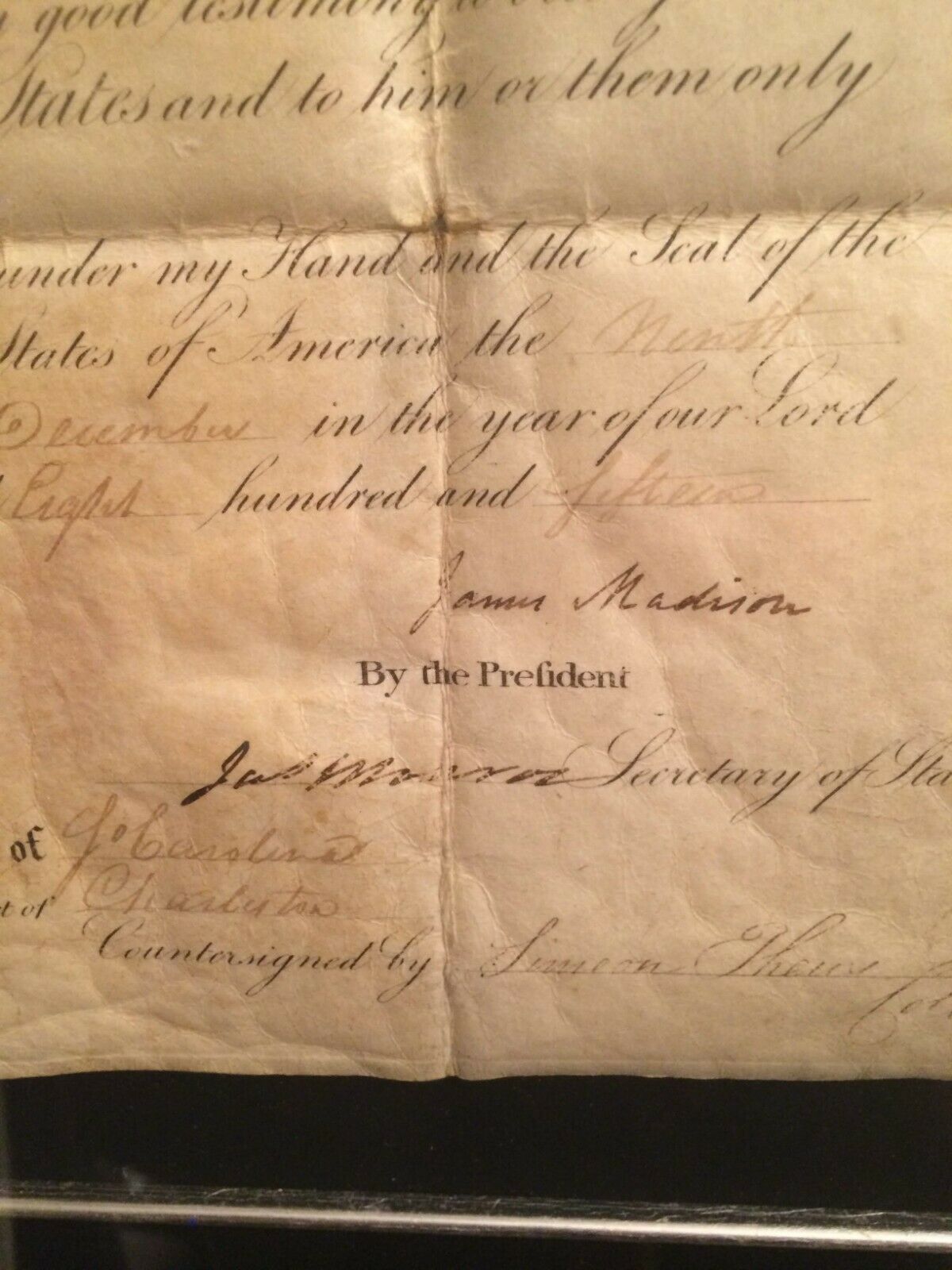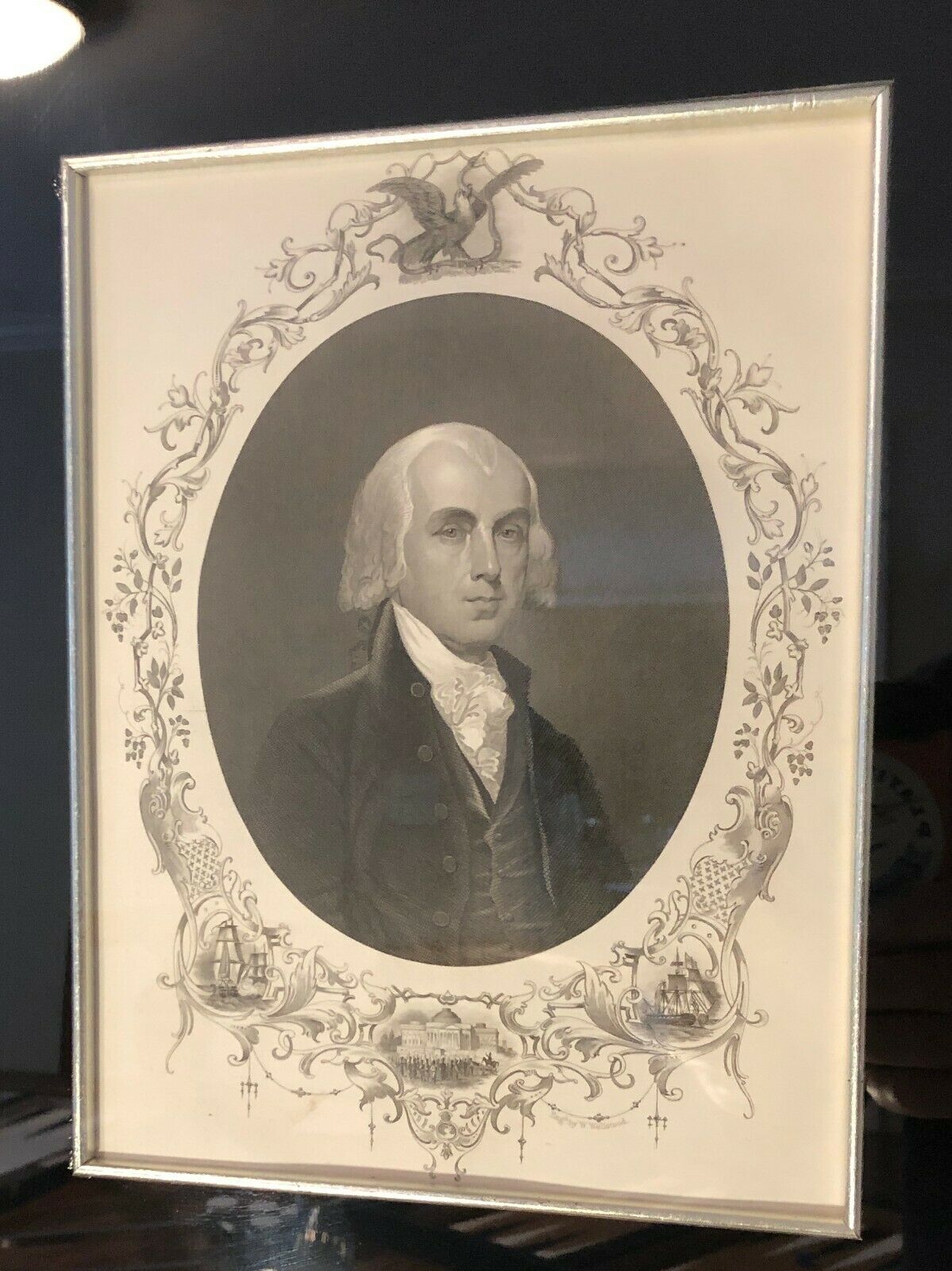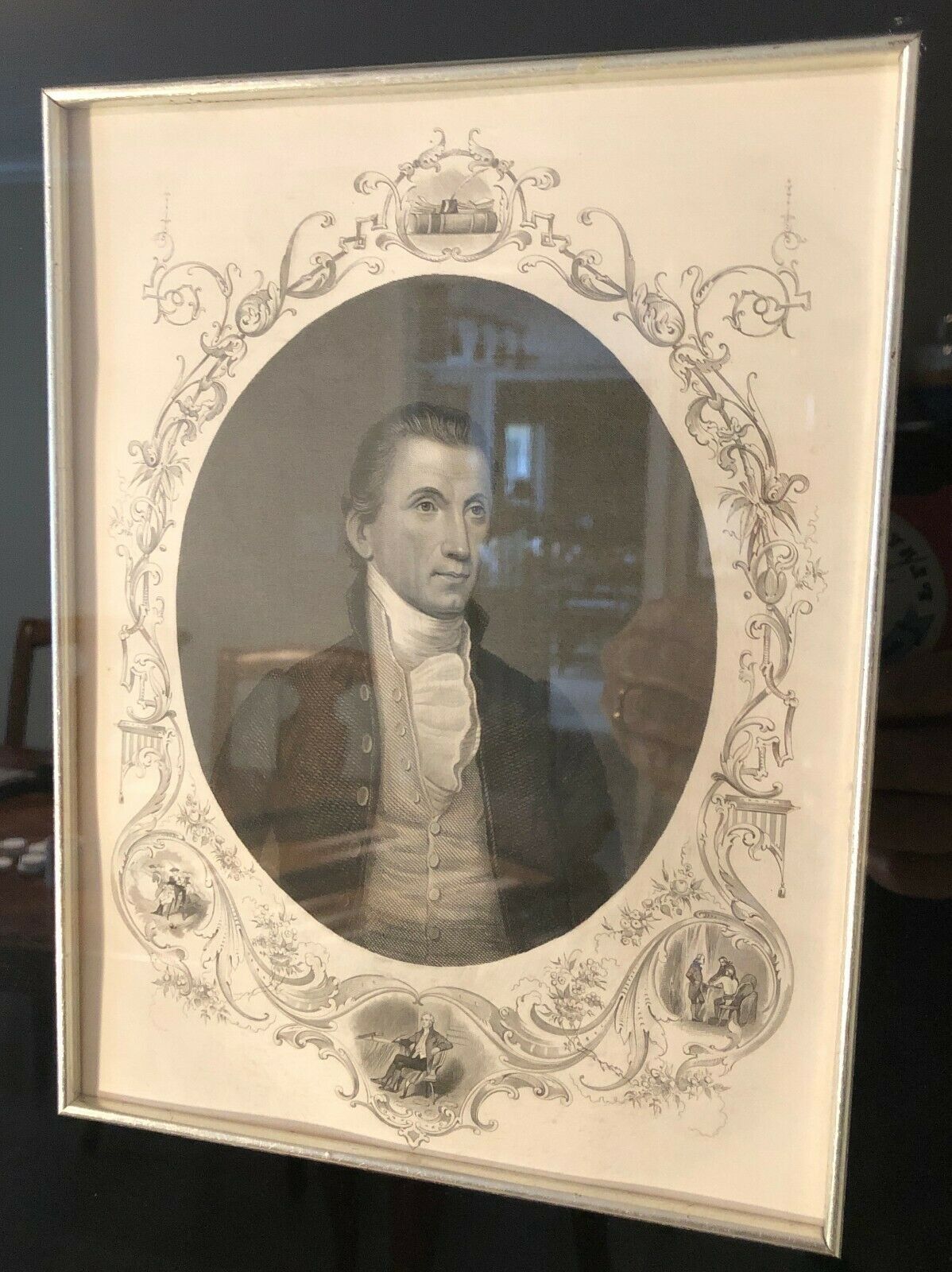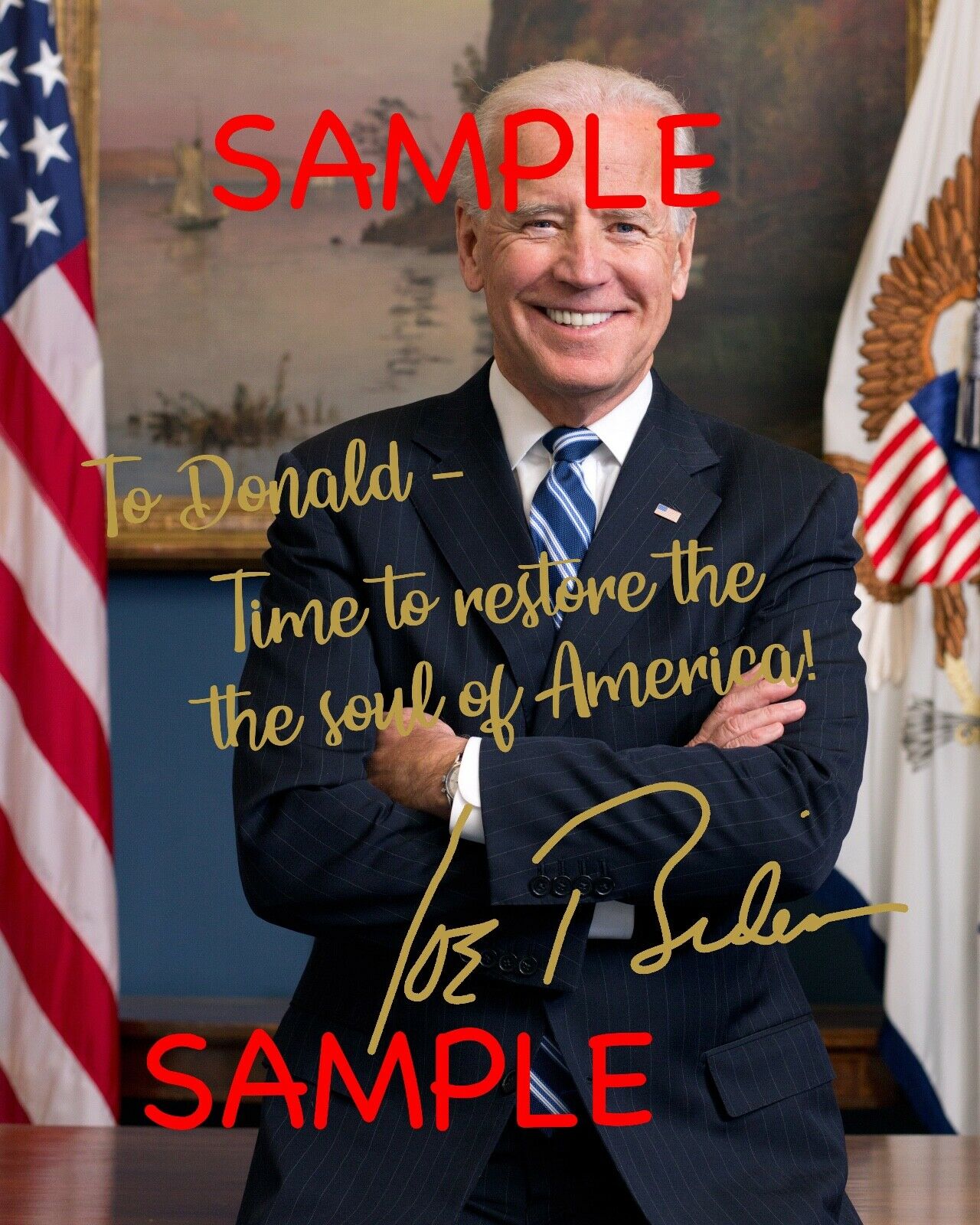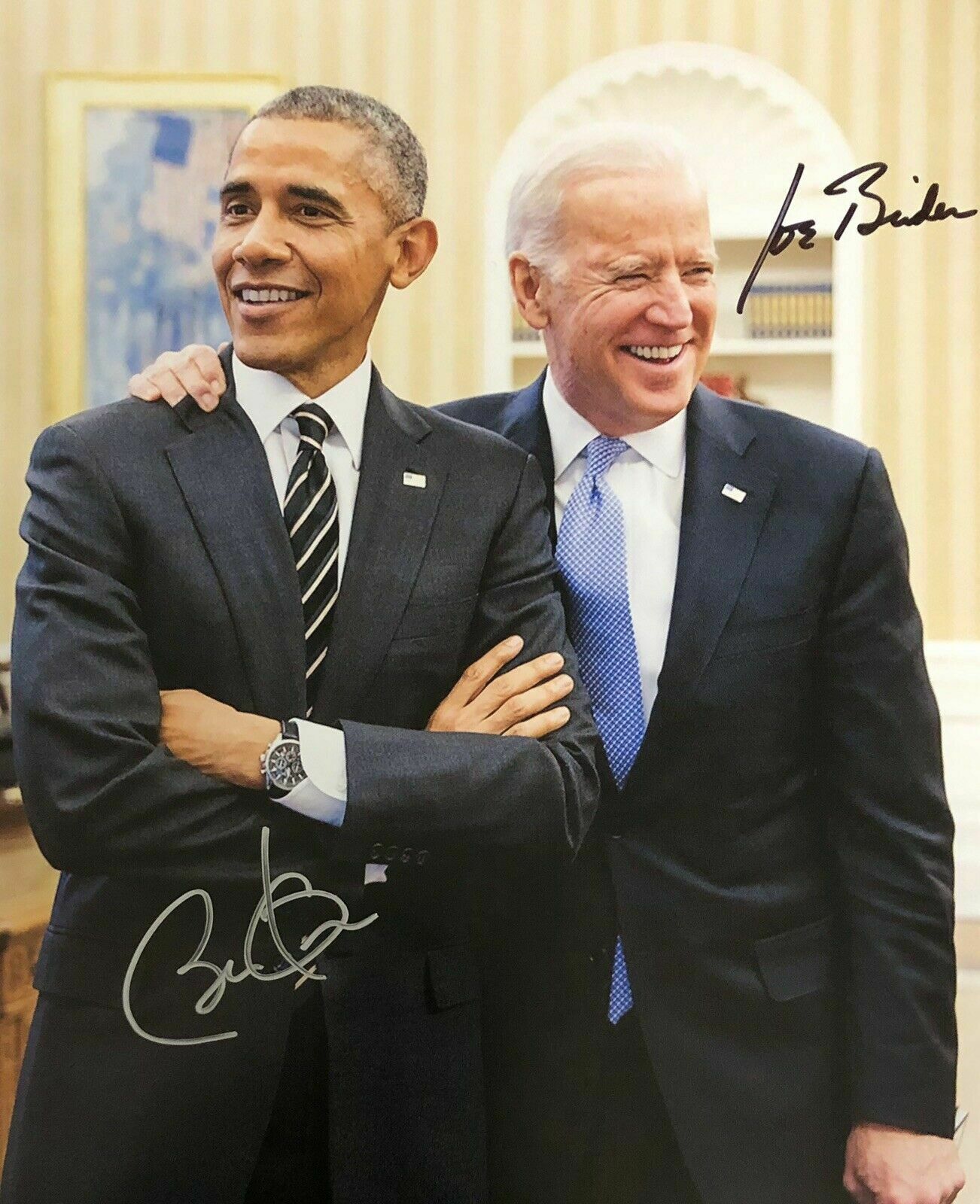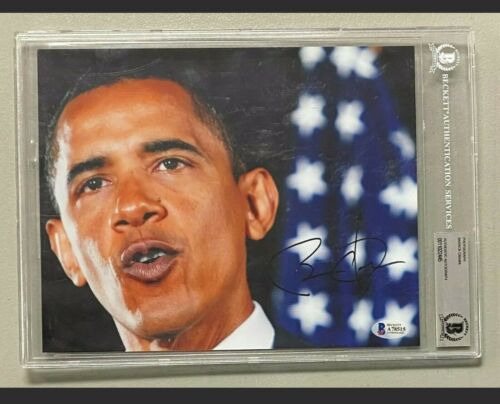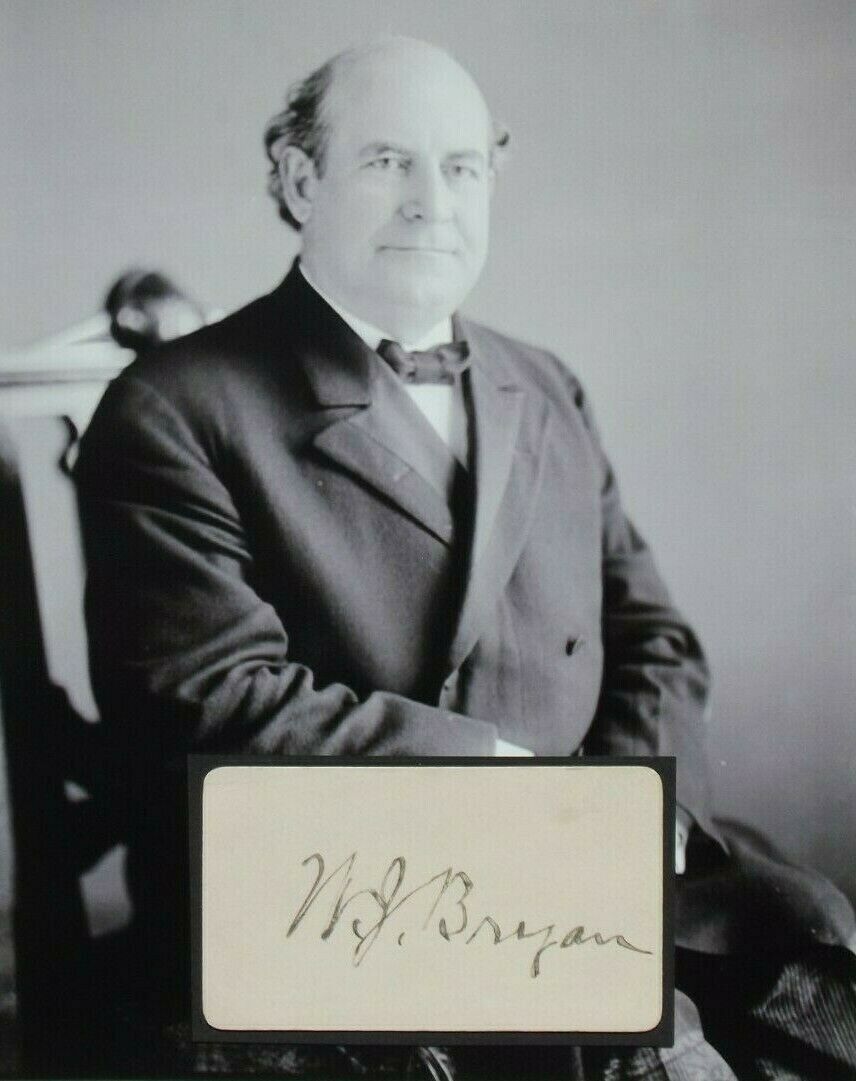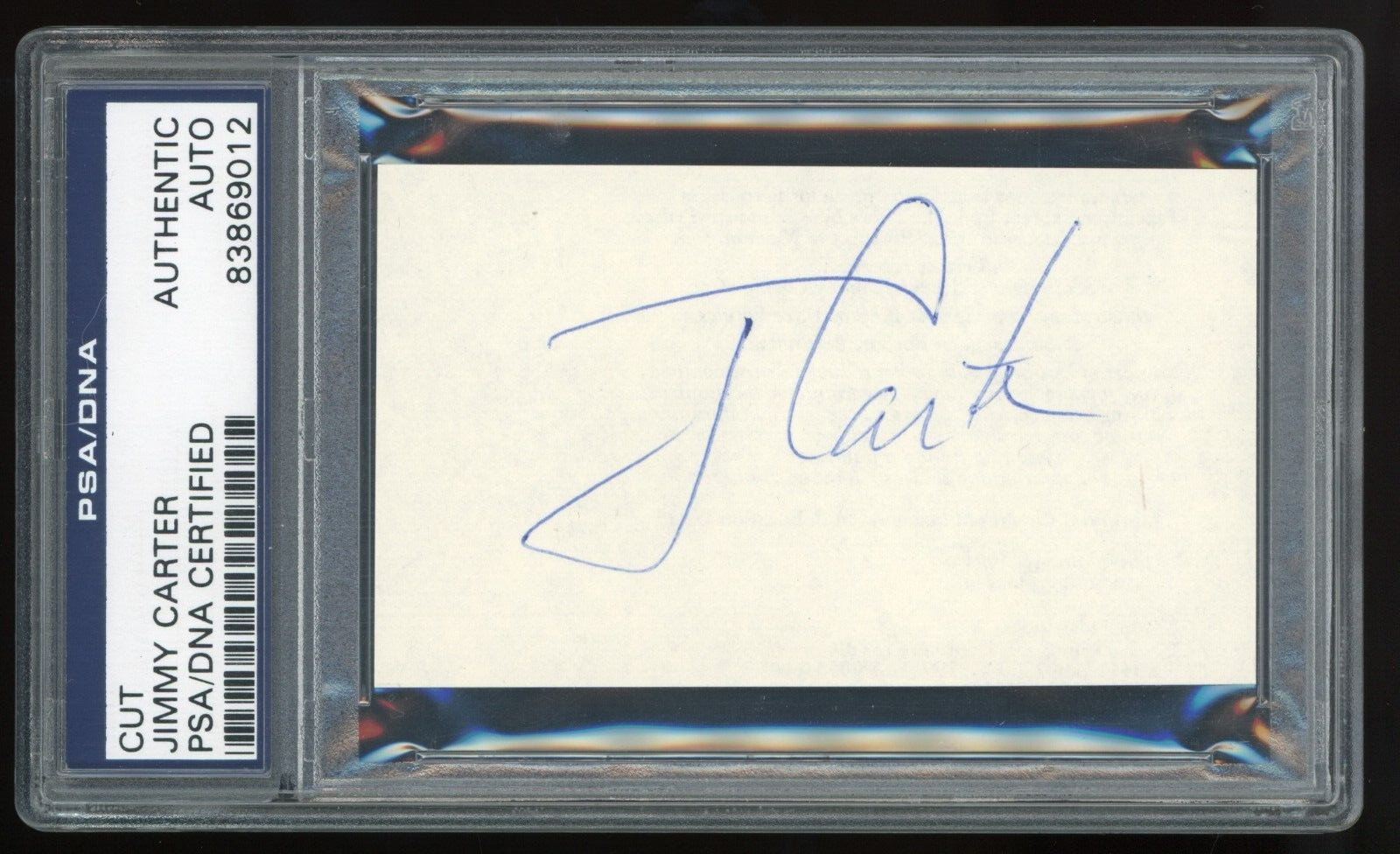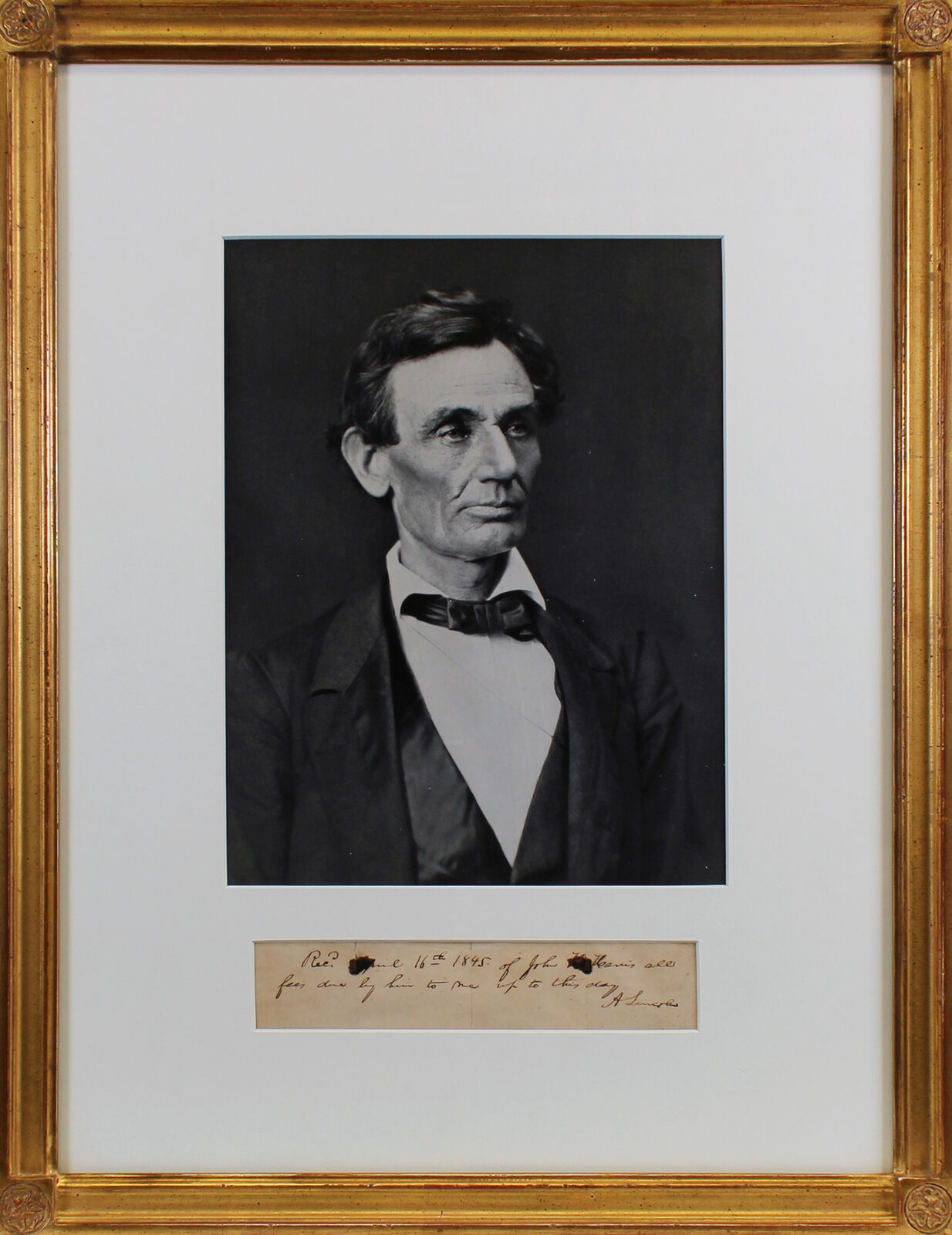-40%
James Madison, James Monroe Autograph Signed Rare Original Ship's Papers
$ 2370.71
- Description
- Size Guide
Description
Presented for sale for the first time from a private manuscript collection is this magnificent museum-grade JAMES MADISON, JAMES MONROE signed Ship’s PapersPartly Printed DS: "James Madison" as fourth U.S. President and "Jas Monroe" as Secretary of State, 1p, 10.5 x15, irregularly cut. Washington, D.C., 1815 December 9. Ship's passport on vellum signed in Washington but issued out of "State of South Carolina, District of Charleston" with beautiful engraving and scalloped top.
In part: "By the President of the United States of America SUFFER the Barg (sic) General Jackson of Providence, RI, William Peaw master or commander of the burthen of One Hundred 25/95 tons or thereabouts mounted with No guns navigated with Six men TO PASS with her Company Passengers Goods and Merchandize without any hinderance seizure or molestation the said Barg appearing by good testimony to belong to one or more of the Citizens of the United States and to him or them only...."
On vellum. 2¼-inch white paper seal affixed at lower left margin. Scalloped upper edge affects portion of upper vignette. Lightly creased with folds, vertical fold at the "J" of James in Madison's signature, and the "n" of Monroe’s signature. Overall, fine condition for a document of its age.
Framed to an impressive overall size of 42.5” wide by 25.5” high in a beautiful black wood frame and black acid-free matte and conservation glass. Historic traditional engraved portraits of both Madison and Monroe accompany the document. Additionally, the center document and both portraits are surrounded by a complimentary fine silver fillet.
Some reflections are visible in listing photograph and not on the item itself.
Item may be inspected by purchaser or purchaser's representative with 48 hour prior notice, 8am to 6pm. Guaranteed 100% authentic. Bid early and often for this once in a lifetime collection that will be the piece d’resistance of any collection.
Shipping fee includes crating, insurance, and domestic freight.
10
0% feedback - eBay seller since 1999.
Check out my other auctions as I have other Presidential autographs available.
At the time this document was signed, the British had already successfully blockaded the Delaware River and Chesapeake Bay (December 1812), and by November 1813, the U.S. eastern seaboard south of Narragansett was under the blockade. This did not stop enterprising American traders, but travel across the Atlantic was extremely dangerous, and no American ships could sail the open seas without this properly authorized passport. Britain's Royal Navy was stopping and searching American ships, looking for deserters and impressing sailors, and trade embargoes by both France and Britain during the Napoleonic Wars often resulted in the seizure of ships' cargoes. On June 18, 1812, war had been declared on Great Britain. Six months later, on December 26, 1812, the British Admiralty announced a naval blockade of the Chesapeake and Delaware Bays, effectively barring all commercial vessels from the mid-Atlantic coastal waters.
JAMES MADISON (1751-1836), who was known as "The Father of The Constitution", served as fourth U.S. President from 1809-1817. Madison had previously been a delegate to the Continental Congress from Virginia (1780-1783, 1787-1788), a member of the U.S. Constitutional Convention (1787), a U.S. Representative from Virginia (1789-1797) and Thomas Jefferson's Secretary of State (1801-1809). As Secretary of State, Madison had supported the series of Embargo Acts against England to stop harassing America's ships and citizens. By the end of 1808, contrary to Jefferson's intentions, the Embargo Acts nearly destroyed the U.S. shipping industry and adversely affected the domestic economy. On March 1, 1809, three days before Madison's inauguration, outgoing President Jefferson repealed the Embargo Acts by signing the Non-Intercourse Act. This reopened to American shipping all overseas commerce, except to England and France, with a proviso. Should either or both countries stop their interference with neutral shipping, trade could resume upon presidential proclamation.
JAMES MONROE (1758-1831), who would succeed Madison as fifth U.S. President (1817-1825), was Madison's Secretary of State from 1811 to 1817 and concurrently served as Secretary of War from October 1814 to March 1815. Monroe had previously served in the Virginia State House of Delegates, the U.S. Congress (1789-1794) and as Governor of Virginia (1799-1802, 1811). Ironically, he had also been U.S. Minister to both France (1794-1796) and Great Britain (1803-1807).
